Home Features
-
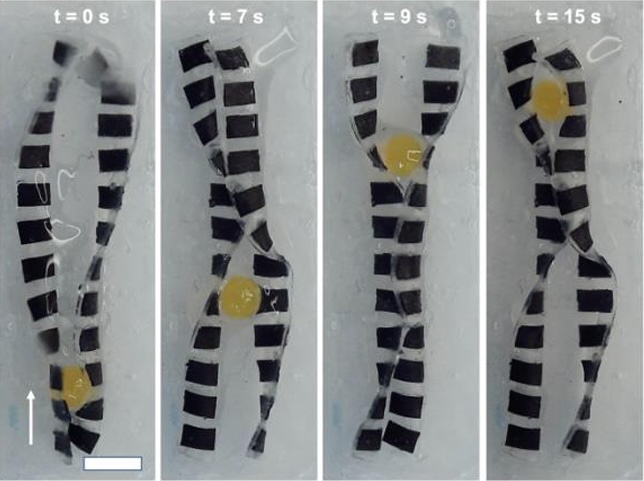
Robotic device restores wavelike muscular function involved in processes like digestion, aiding patients with compromised organs
A team of Vanderbilt researchers has developed a wirelessly activated device that mimics the wavelike muscular function in the esophagus and small intestine responsible for transporting food and viscous fluids for digestion. The soft-robotic prototype, which is driven by strong magnets controlled by a wearable external actuator,… Read MoreJun. 6, 2024
-

AI system used to improve Nashville public transit takes top honors at international research conference
A software system developed by Vanderbilt researchers to help improve operations of Nashville’s public transportation network won “Best Paper” at the 15th ACM/IEEE International Conference on Cyber-Physical Systems (ICCPS), held in Hong Kong May 13-16. Currently, WeGo Nashville has 160 buses that cover 35 routes. However, its ridership is… Read MoreJun. 3, 2024
-

Wisniewski named to DARPA ISAT Study Group to assess future research directions in computer science
Pamela Wisniewski, a Flowers Family Fellow in Engineering and associate professor of computer science has been appointed to the Defense Advanced Research Projects Agency (DARPA) Information Science and Technology (ISAT) Study Group beginning in August 2024. Pamela Wisniewski The group brings 40 of the brightest scientists and engineers together… Read MoreMay. 31, 2024
-
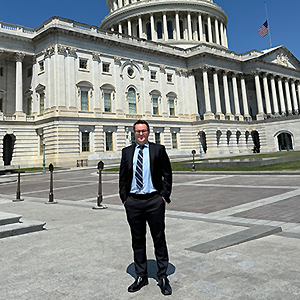
Expert Jules White advises Congressional staff on AI impact in higher education
Vanderbilt University’s Jules White, a leading computer scientist and expert on large language models and prompt engineering, visited Capitol Hill recently to share his expertise with lawmakers. As the Senior Advisor to the Chancellor for Generative AI in Education and Enterprise Solutions, he was invited to participate… Read MoreMay. 31, 2024
-
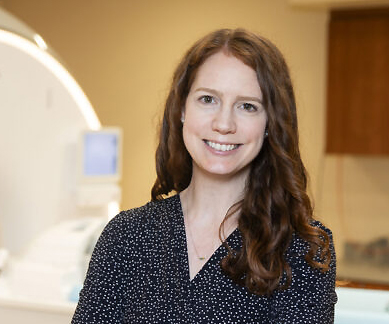
Kristin O’Grady receives $2.4 million for multiple sclerosis imaging studies
Kristin O’Grady, MD, in Vanderbilt University Institute of Imaging Science (VUIIS) next to next to a scanner (CT or MRI). (Photo by Susan Urmy) By Bill Snyder Kristin Poole O’Grady, PhD’15, assistant professor of Radiology and Radiological Sciences at Vanderbilt University Medical Center and assistant professor of… Read MoreMay. 30, 2024
-

Vanderbilt researchers receive $2 million ARPA-H contract to improve software security in medical devices
Vanderbilt Department of Computer Science researchers Kevin Leach and James Weimer have been awarded a $2 million contract from the Advanced Research Projects Agency for Health to develop technology aimed at improving software security in medical devices like insulin pumps,… Read MoreMay. 21, 2024
-
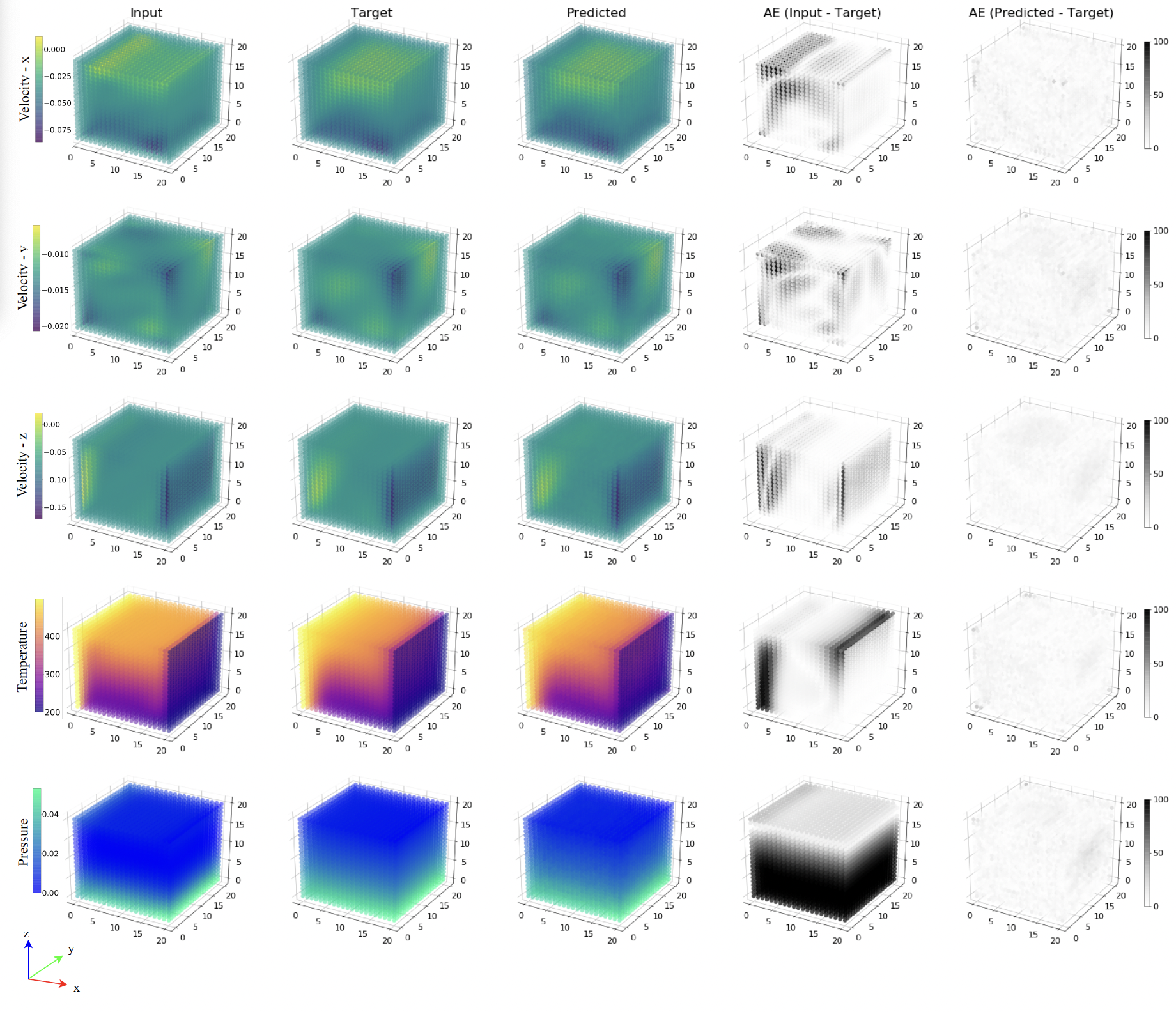
Researchers’ innovative technology to improve computational fluid dynamics models to be presented at ACM PASC24 Conference
Vanderbilt researchers’ novel technology that integrates machine learning with traditional fluid simulation methods to enhance the accuracy and efficiency of computational fluid dynamics models will be discussed at the prestigious ACM PASC24 Conference in Zurich, Switzerland, June 3-5. David Hyde, assistant professor of computer science, will be presenting… Read MoreMay. 15, 2024
-

Novel approach to safeguard patient data included among NSF-led National AI Research Resource Pilot
The U.S. National Science Foundation and the Department of Energy recently announced that a team comprised of Vanderbilt’s newly created ADVANCE center and VALIANT lab is among the first round of 35 projects that will be supported with computational time through the National Artificial Intelligence Research Resource… Read MoreMay. 14, 2024
-
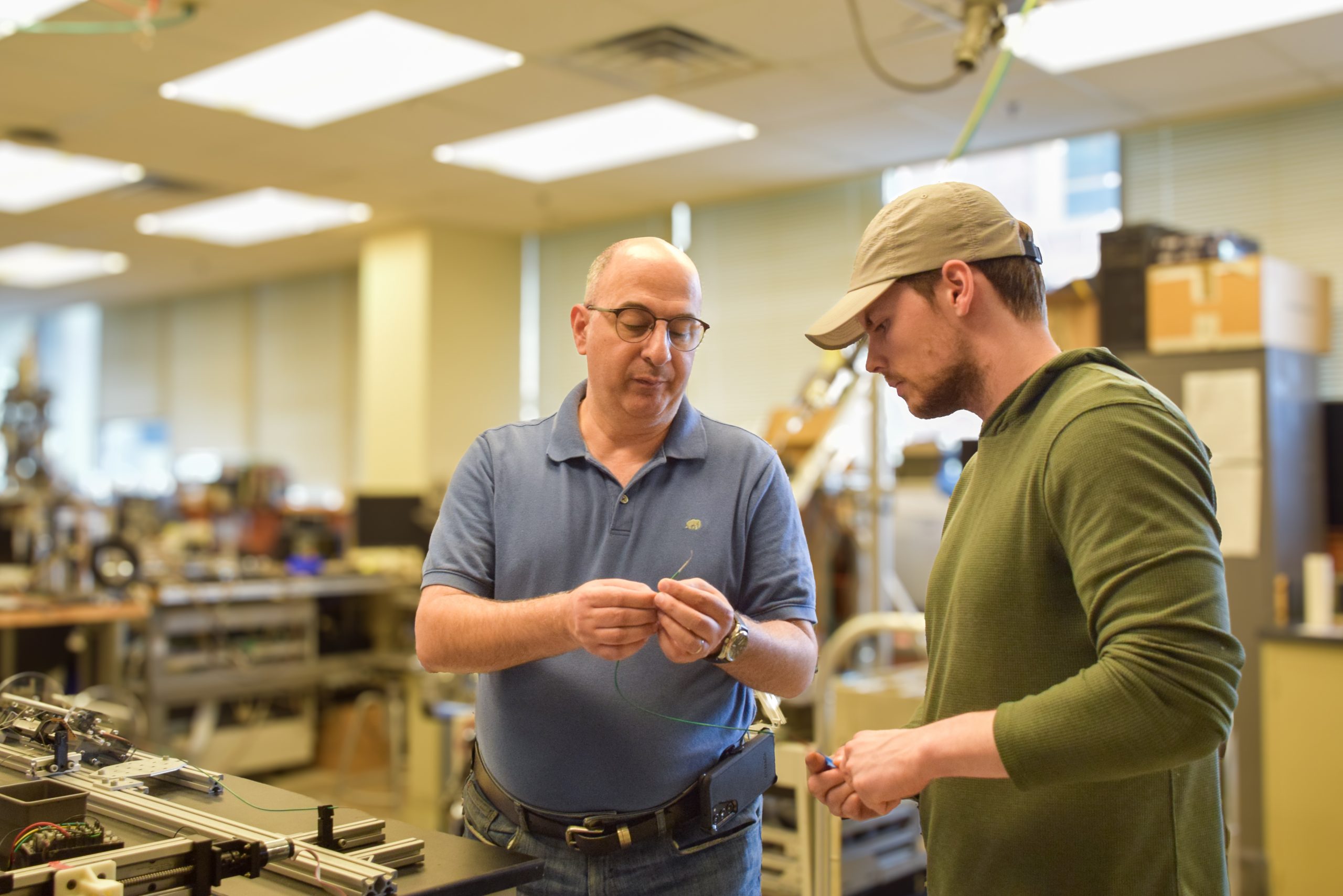
Vanderbilt researchers’ novel catheter-based technology to make endovascular procedures more efficient and safe
With hundreds of thousands of people in the United States having a stroke annually, Vanderbilt researchers are developing technology that could revolutionize the way blood clots are removed by allowing surgeons to complete the process more efficiently and safely. The catheter is shown here attached to an actuation unit that… Read MoreMay. 9, 2024
-

Immersive lab seeks to bridge translational AI across a range of fields to drive discovery
Vanderbilt University has created a transformational lab focused on leveraging immersive translational AI to drive discovery across disciplines ranging from medicine and materials science to the humanities, social science and education. The new Vanderbilt Lab for Immersive AI Translation (VALIANT) will act as a dynamic regional… Read MoreMay. 6, 2024